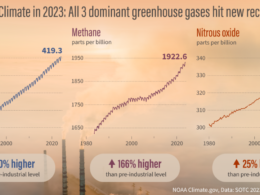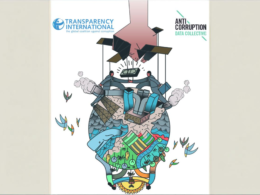The Science-Based Targets initiative (SBTi) has reported a sharp rise in corporate climate ambition, with the number of companies setting near-term science-based targets almost doubling in the past 18 months. Over the same period, the number of businesses adopting both near-term and net-zero targets more than tripled.
According to the new SBTi Trend Tracker, 38% of companies with validated targets now have both near-term and net-zero goals, up from 17% at the end of 2023. Collectively, firms with validated science-based targets, or commitments to set them, accounted for 41% of global market capitalisation at the close of 2024, generating 25% of worldwide revenues, analysis by Oliver Wyman found.
Asia recorded the strongest momentum, with China, Thailand, Japan, Taiwan, Hong Kong and Korea among the 20 fastest-growing markets. China alone posted a 228% increase, with the number of companies holding validated targets rising from 137 to 450. The region now represents the highest global growth in science-based target adoption, driven in part by companies encouraging suppliers and partners to follow suit.
By sector, Industrials led global adoption, accounting for nearly a third of all companies with targets. Consumer Discretionary and Materials followed, spanning industries from automotive and household goods to raw materials and textiles.
SBTi Chief Executive David Kennedy said: “Smart companies continue to see a strong business case to manage transition risk. Building climate action into commercial strategy helps maintain competitiveness now and in the future and allows companies to capitalise on opportunities in the low-carbon economy. The message is clear: if businesses want to be ahead of the curve, then science-based targets are where businesses start.”















